Lockyer Valley elections 2024: 18 candidates running for seven spots on next council
Three mayoral candidates and 15 council contenders are vying for just seven spots in the Lockyer Valley elections. With just days to go before polling day, here is a profile on each candidate:
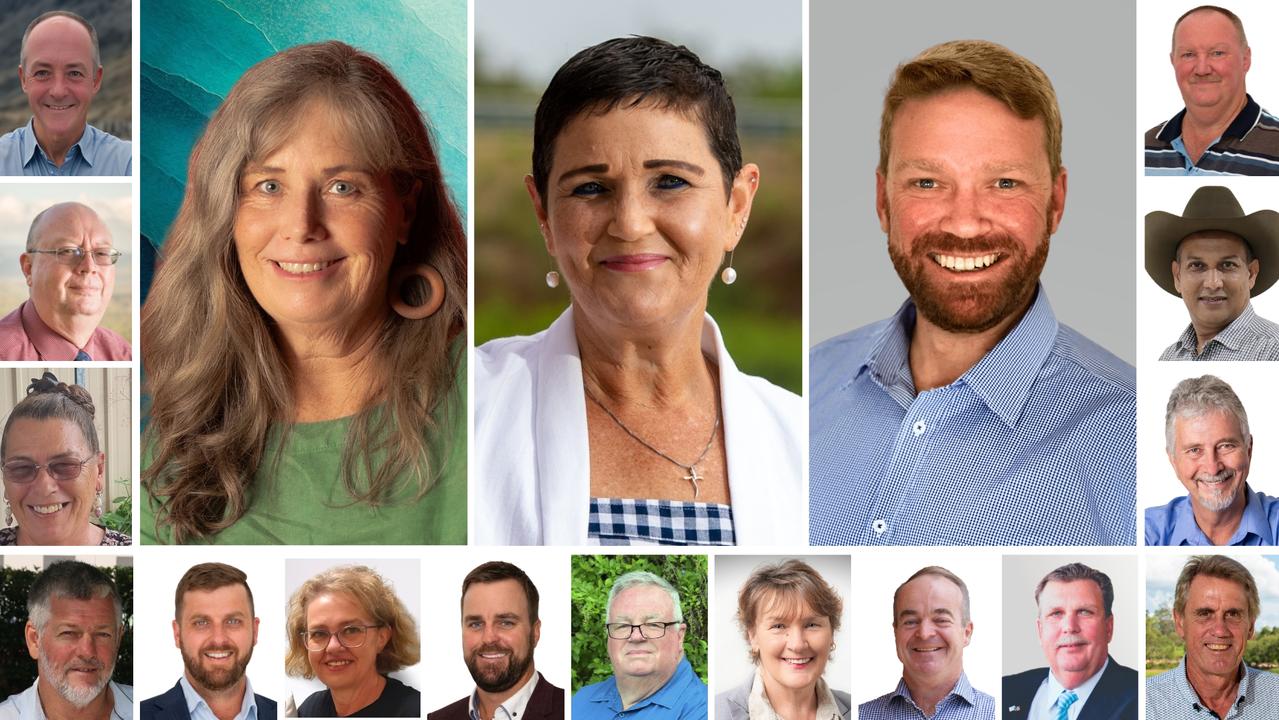
Gatton
Don't miss out on the headlines from Gatton. Followed categories will be added to My News.
Roads, the impact of the Inland Rail and further flood mitigation and recovery are among the key issues for residents highlighted by residents for the next Lockyer Valley Regional Council.
Voting has already begun across the valley, with 18 candidates vying for just seven spots on the council from March 16.
This includes a three-way battle for the mayoralty, with incumbent Tanya Milligan taking on two challengers from the community for her role.
Meanwhile, there will be a shake-up within the council after the retirement of deputy mayor Jason Cook along with councillors Janice Holstein and Rick Vela.
17 locations across the region will open on voting day, with stations manned from 8am until 6pm.
Nearly 8000 people have already cast their ballots in the Lockyer Valley, either with a postal vote or at the early polling centre in Gatton.
Here is a rundown of all candidates in ballot order (with some exceptions), along with where you can go to vote early and how much money has been spent by contenders on their campaigns.
Mayoral candidates
Maree Rosier
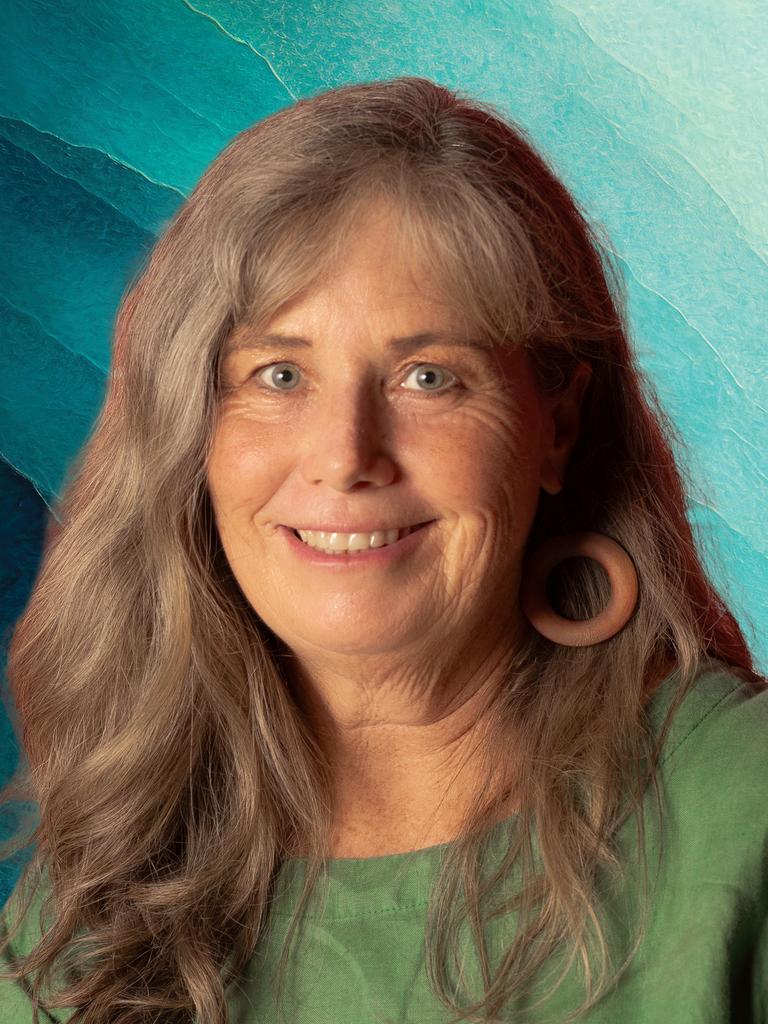
With a background in education, town planning and not-for-profit work, Maree Rosier says she wants to see community placed at the centre of the new council.
“My life experience has taught me the only way we can make change is through your communities,” she said.
“The power is with the people and I’m never disappointed by them — the idea that we have everything that we need right here, I hold dearly.
“We’ve given away that power (of community), I can see the way that the community space has been eroded.”
Ms Rosier enters the race with an extensive resume of developing community initiatives, including with the Helping Hands Network, Thriving Kids Lockyer and Our Heartland, built on time as an urban planner and school principal.
She said seeing incumbent Tanya Milligan run unopposed four years ago motivated her to enter politics, arguing the council was squandering an opportunity to be the driver of community spaces for residents that didn’t include home and work.
“I had no political aspirations whatsoever so over the first two or three years, I did my proposals, met with Tanya regularly and was trying to build (projects),” Ms Rosier said.
“Tanya was very amenable, but it took me a while that nothing happens after that.
“Last election, Tanya ran unopposed and I rung around asking people if they would considerer running, so I realised it had to be me.”
Along with the common problems shared by residents like the condition of the road network, Ms Rosier said communication had been a significant issue with the LVRC for a while.
“The roads in this area are appalling and deteriorating, but the biggest frustration that has come up is they feel like they’re not heard,” she said.
“There is a lot of misunderstanding of where responsibility lies, so we need a council that receives requests, deals with them in a timely manner.
“We have no vision in this valley (from our leaders).”
Ms Rosier was also critical of the time taken to develop the region’s new planning scheme, some of which dates back to 2003.
Tanya Milligan
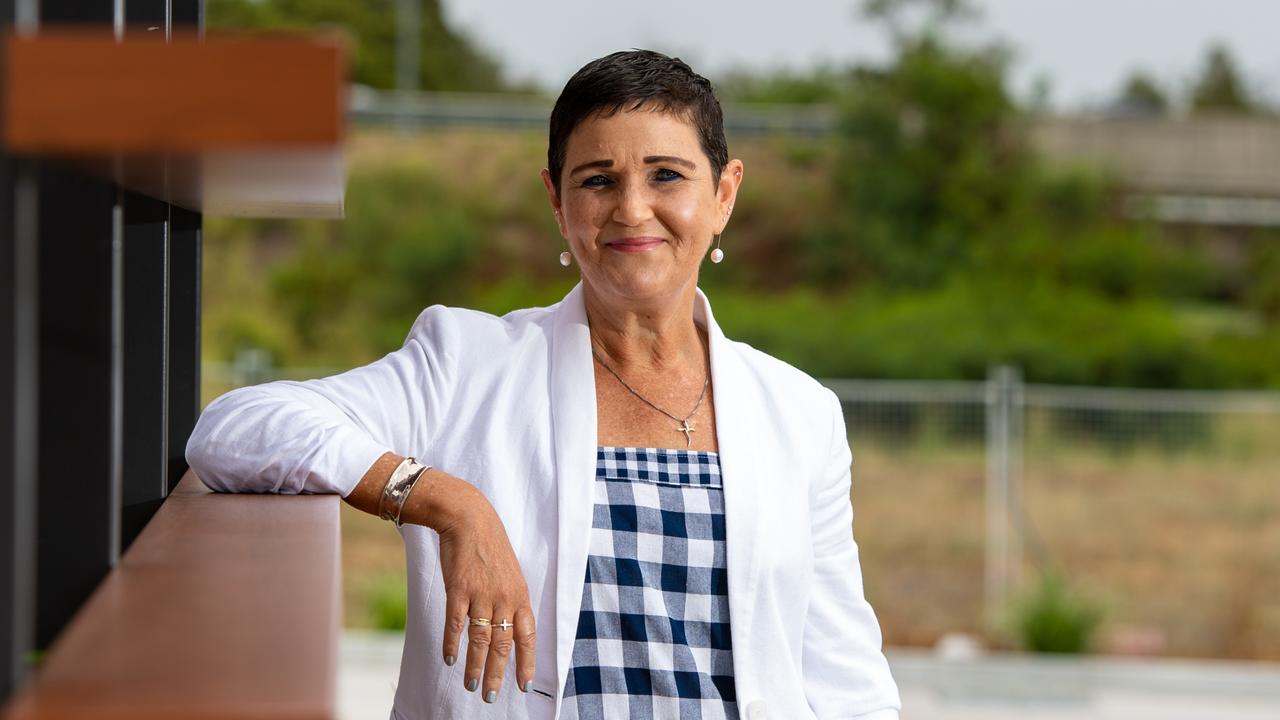
Tanya Milligan, who is seeking a third term as mayor, said the region needed a stable hand during a period of economic instability.
She also pointed to the reduction of council debt during the period of her mayoralship.
“Every four years is our public performance appraisal (and) I think our council has done a great job,” Ms Milligan said.
“We had almost $40m in debt (when I became mayor) and that will be gone this year, so I think the community is in a good position.
“There are some things I’d like to continue advocate and lobby for, like health infrastructure.”
Ms Milligan said she wanted to advance land acquisition plans for residents in flood-prone communities, arguing she had developed good relationships with the upper tiers of government.
“Our council did allocate $2m for land acquisition in the last budget, so it’s no secret that we’re focused on flood mitigation in that Laidley area,” she said.
“We have been talking with the ministers about our flood mitigation and we’re saying ‘we’re not coming to you with a problem, we have a solution’.”
Kyle Burnett
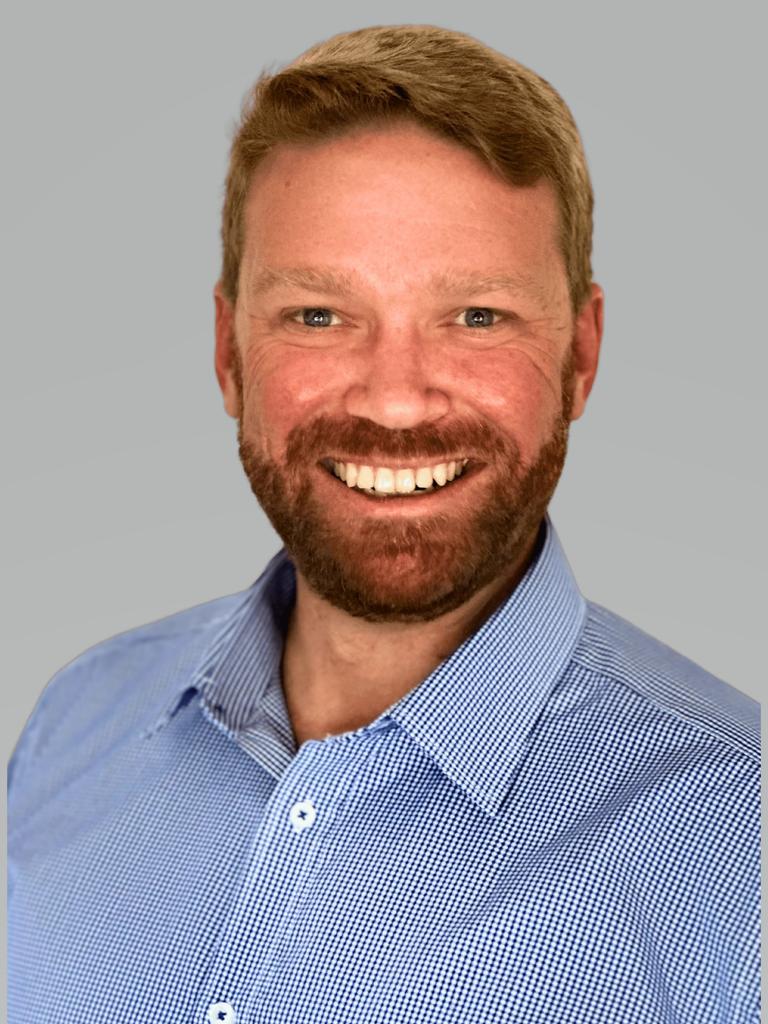
A Gatton small business owner will challenge mayor Tanya Milligan for her position at the upcoming local government election, declaring it was “time for a change” of leadership.
Kyle Burnett, a tertiary-educated businessman with roots in the Lockyer Valley, has put his hand up to lead the region for the next four years.
Mr Burnett said he wanted to see the Lockyer Valley Regional Council return to focusing on its core business of rates, roads and rubbish before looking outward at other projects.
We’re a region in between two international airports, and if we don’t provide a good economic plan we’re going to lose our identity as a rural community,” he said.
“We’ve got a major highway running through it, but we should have a strategic plan so we’re not relying on it (as an economic driver).
“First and foremost, we’ve got to go back to the basics — we’ve got to fix our roads, they’re really bad.
“We’re running out of space in our tip and we’ve got to fix our rating systems.”
While he wouldn’t elaborate yet on what priorities the council had gotten wrong, Mr Burnett believed he was suited to the job because of his experience in business and working in a team.
“In my past, I’ve operated big box retail and businesses that earn more than what the council has,” he said.
“I understand culture, team work, unity, visions and values — I’m tertiary-educated in economics and business.
“I haven’t been employed by the council before, but it’s about leading the team in the right direction.”
When asked about the approach he would take with the ARTC over the controversial Inland Rail project, Mr Burnett said he didn’t agree with the council’s current strategy.
Council candidates
Chris Payne
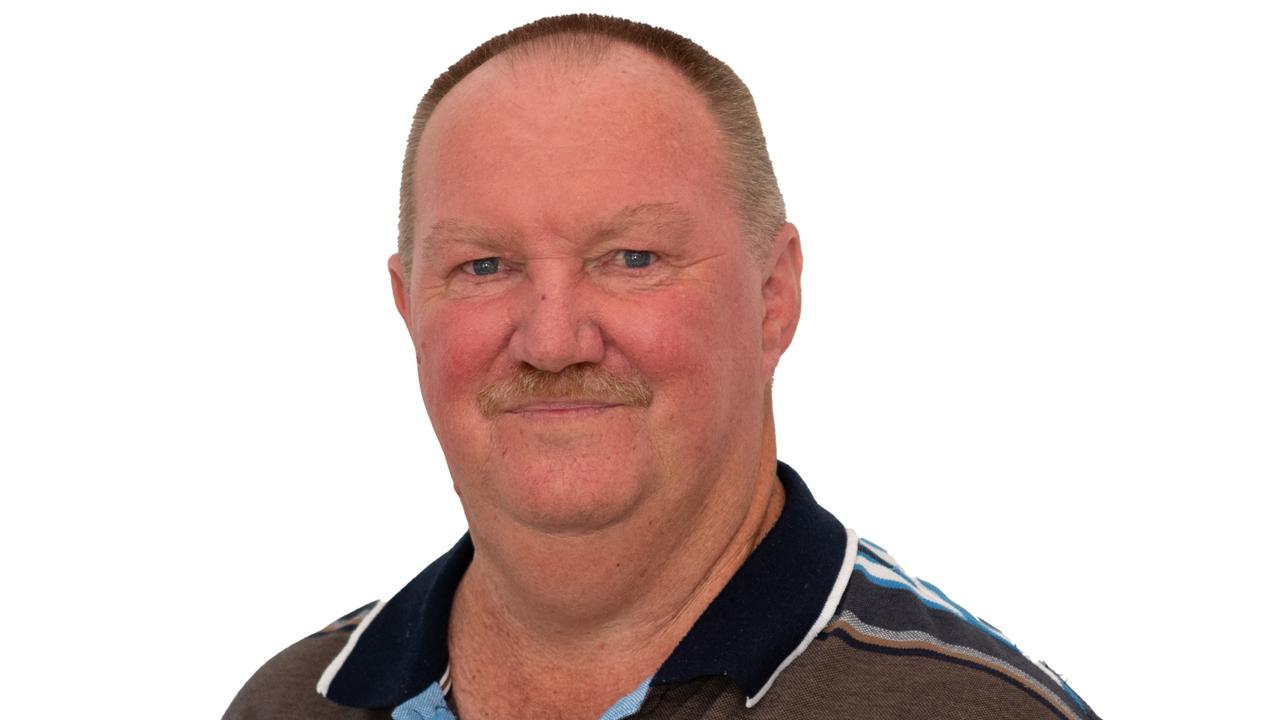
Local government veteran and former Somerset region chief executive Chris Payne said he knew his “way through the maze” of council, having worked in the public sector for 36 years.
“I have heaps of experience and that’s going to be pretty important in this term,” he said.
“The previous councils have worked hard to get rid of the debt — staying debt-free is an entirely different matter.”
Mr Payne said the priority would be more spending on local roads and drains as part of an overall investment into existing council infrastructure.
“I’m getting a lot of feedback that roads need work and drains don’t work — if you can get the basics right, the rest will follow fairly easily,” he said.
“It’s not saying the road network is currently in poor shape, it’s just one of those things you can always do better.”
Chris and Anthony Wilson (A Stronger Lockyer)
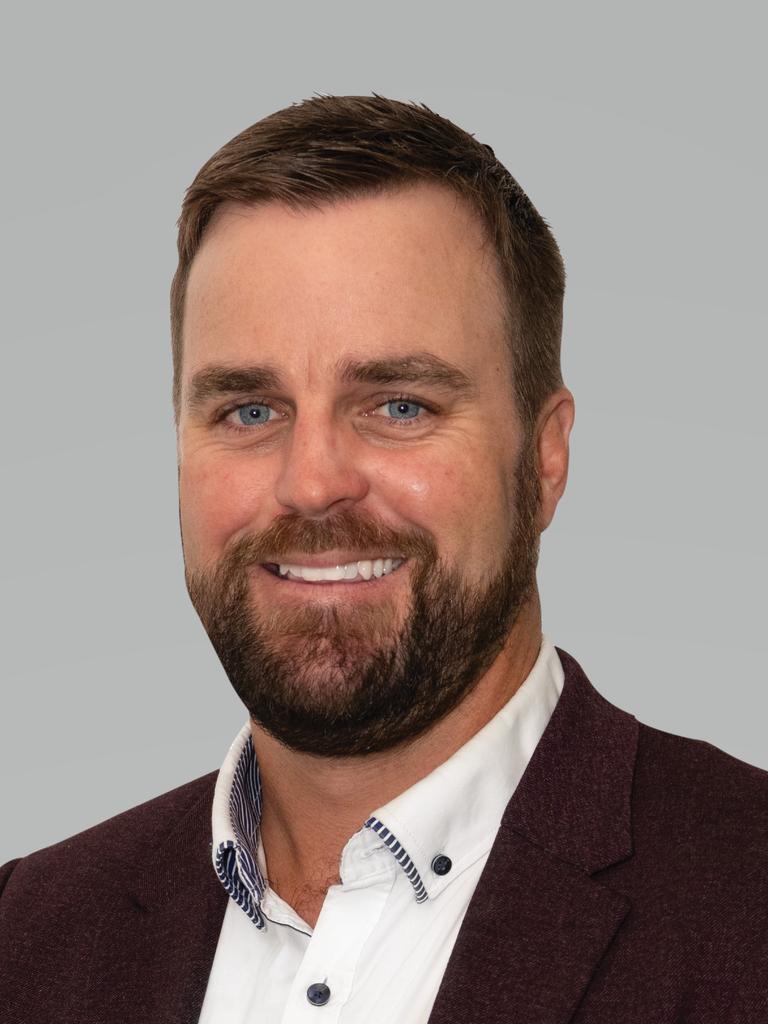
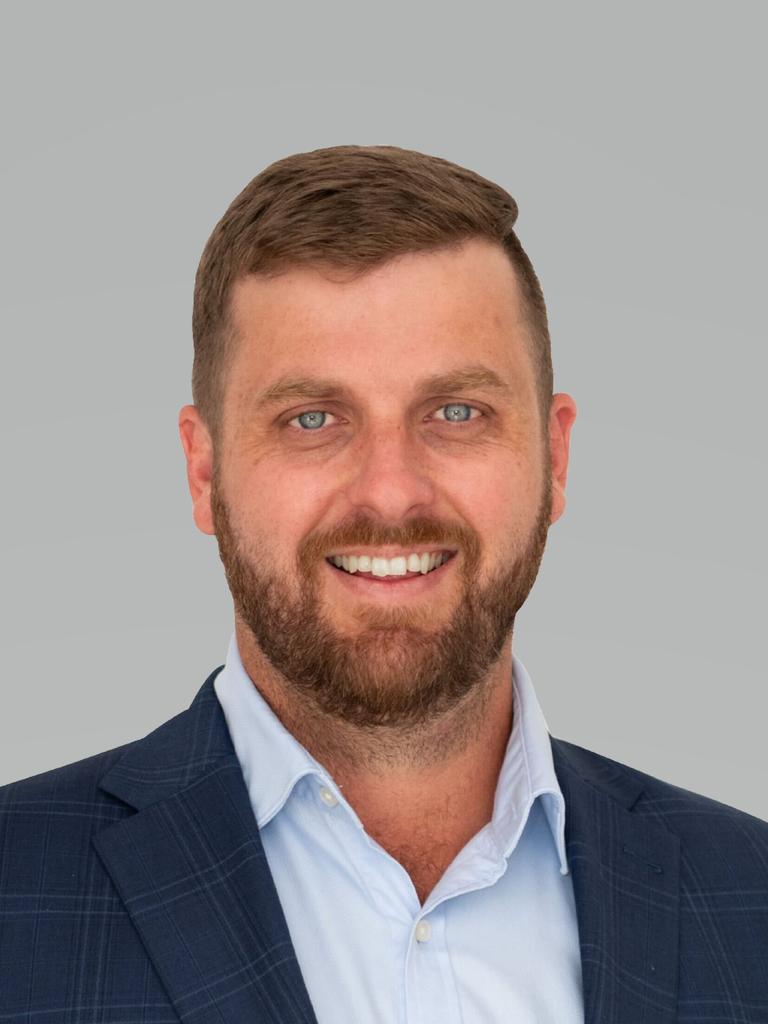
Laidley’s Chris and Anthony Wilson are running on the same group ticket for the council elections, but the pair insists they have separate platforms based around similar core values.
The brothers, who run Wilson Brothers Finance in Gatton, said they decided to run on the same ticket for transparency reasons.
Anthony is hoping to join Chris on council, who has been a popular elected official for two terms.
“There is no hidden agenda, I know some people have some concerns but we’re just two young guys who are heavily involved in our local communities,” he said.
“We’re two different minds brought up on the same core values.”
Anthony said a focus of his agenda would be on delivering more road improvements, while also developing a good outcome for the Lockyer Valley when discussions around the Inland Rail pick up in the next term.
“Inland Rail is a big one, there are a lot of the people who don’t see the benefit — it’s mainly a disturbance which is running through communities,” he said.
“We need to lobby hard to make sure if Inland Rail does go ahead, we do get it where we need to go.”
Chris said infrastructure investment would be a core priority in the next term, while defending the previous council’s decision to focus on paying down debt.
“The key priorities are some of our basic infrastructure, our stormwater network, our roads, (because) we’ve worked really hard to get our finances in order,” he said.
“The criticisms (about focusing on debt payments) aren’t correct, we’re about to deliver a record $55m capital works program and last year was the previous highest.”
The pair in their 30s are the youngest candidates in the race, which they said was would be an asset for the community.
“It does help to have a young voice on council,” Chris said.
Brett Qualischefski
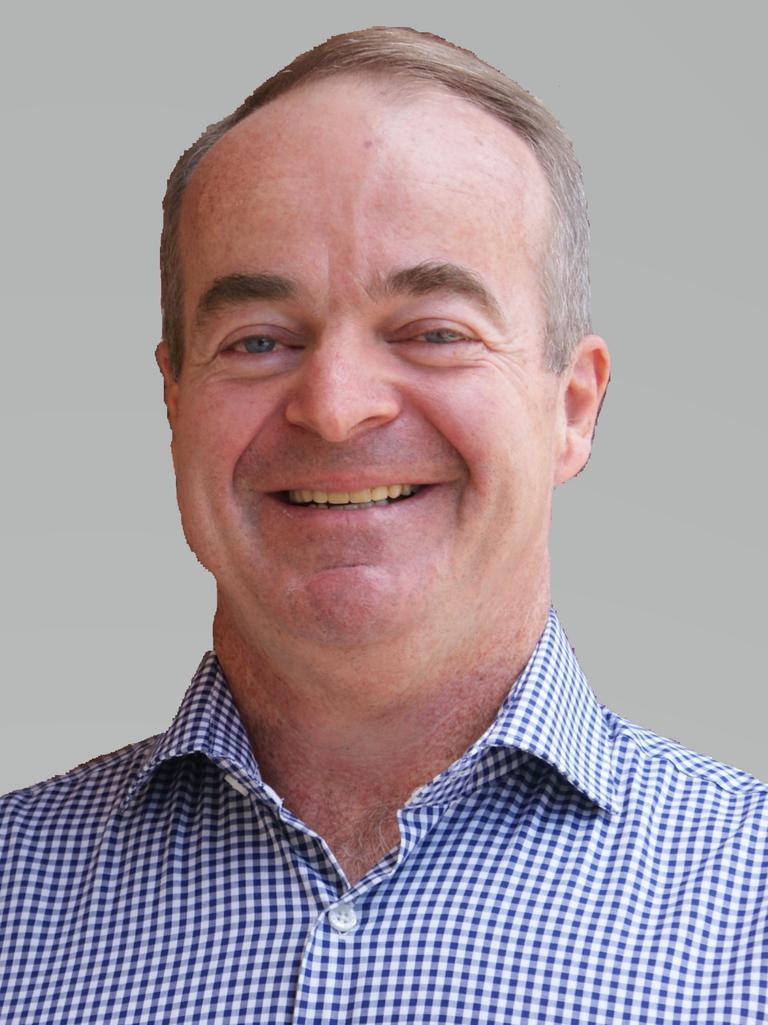
First-term councillor Brett Qualischefski has defended his decision to run for the LVRC again, nearly a year after he was found guilty of misconduct by a local government tribunal.
Mr Qualischefski, who has placed roads and waste management in his agenda, said his decision to take non-consensual photos of a woman at a Gatton gym three years ago was a “big mistake” that had would regret “for the rest of his life.
While the tribunal ruling led to calls from people for him to not recontest, Mr Qualischefski said he had something to offer council and that there were still residents who wanted his help.
“Three years ago, I made a big mistake and it’s one I’ll regret for the rest of my life — I still believe I have a lot to offer and a lot to bring to the table,” he said.
“People continue to come to me for help, so I’ll continue to show up for them.”
The Laidley-based councillor said the LVRC needed to review its waste management policies, calling the issue a “sleeping giant”.
“The sleeping giant is our waste management, because we’ve got to be proactive about that,” he said.
“We’ve got to be able to manage our waste here, because if we allow it to leave the region, we will expose ourselves down the track.”
Mr Qualischefski, who was the portfolio lead for information technology and tourism, also defended the council’s decision to pay down debt, noting the LVRC had tens of millions in cash reserves.
David Neuendorf
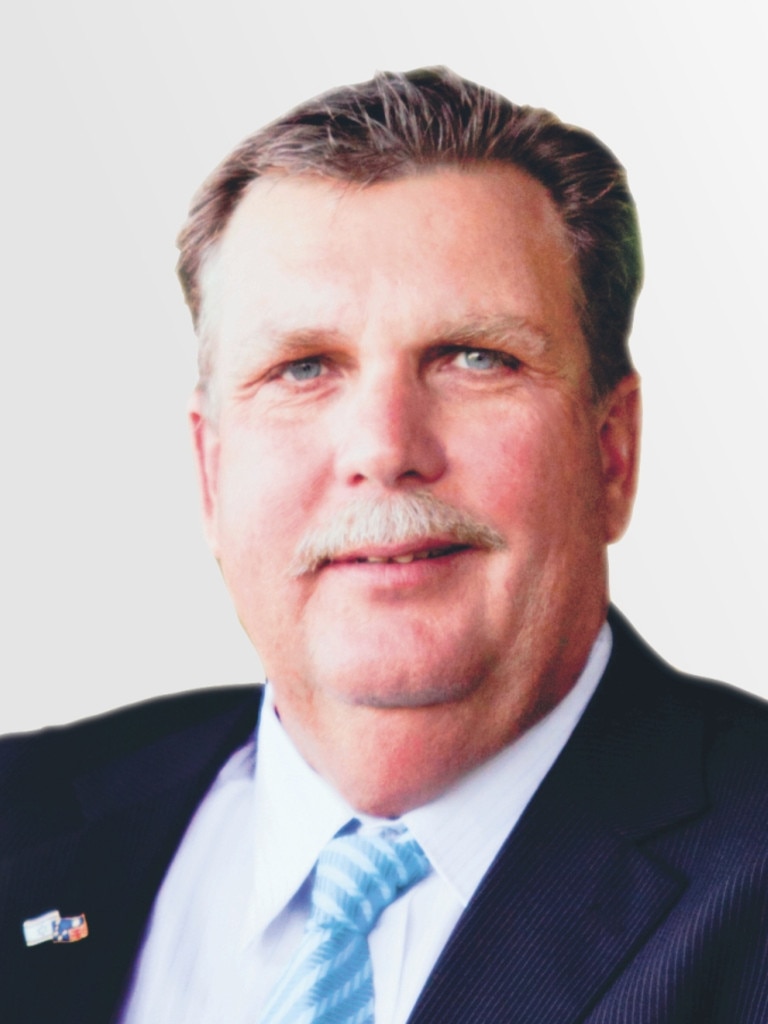
Lilydale fish, poultry and fodder farmer and former councillor David Neuendorf has made roads and the introduction of division key priorities of his campaign to re-enter local politics.
Mr Neuendorf, who was a councillor both before and after amalgamation in 2008 and played a role in helping to relocate part of Grantham following the 2011 floods, said the current council had not invested enough into infrastructure.
He also spoke heavily in favour of reintroducing wards or divisions to council.
“We’ve got people calling for divisions and council don’t want to listen to it,” Mr Neuendorf said.
“People can vote for a local person with local knowledge of that area — it’s no good someone voting in the eastern side for someone on the western side.
“The roads are the main issue and that’s the one I’m getting (from voters) — they’ve been hell bent on paying back the debt, to the detriment of the ratepayers and the roads.”
Aside from the core business of council, Mr Neuendorf said there were opportunities to advance agritourism in the Lockyer Valley.
Cheryl Steinhardt
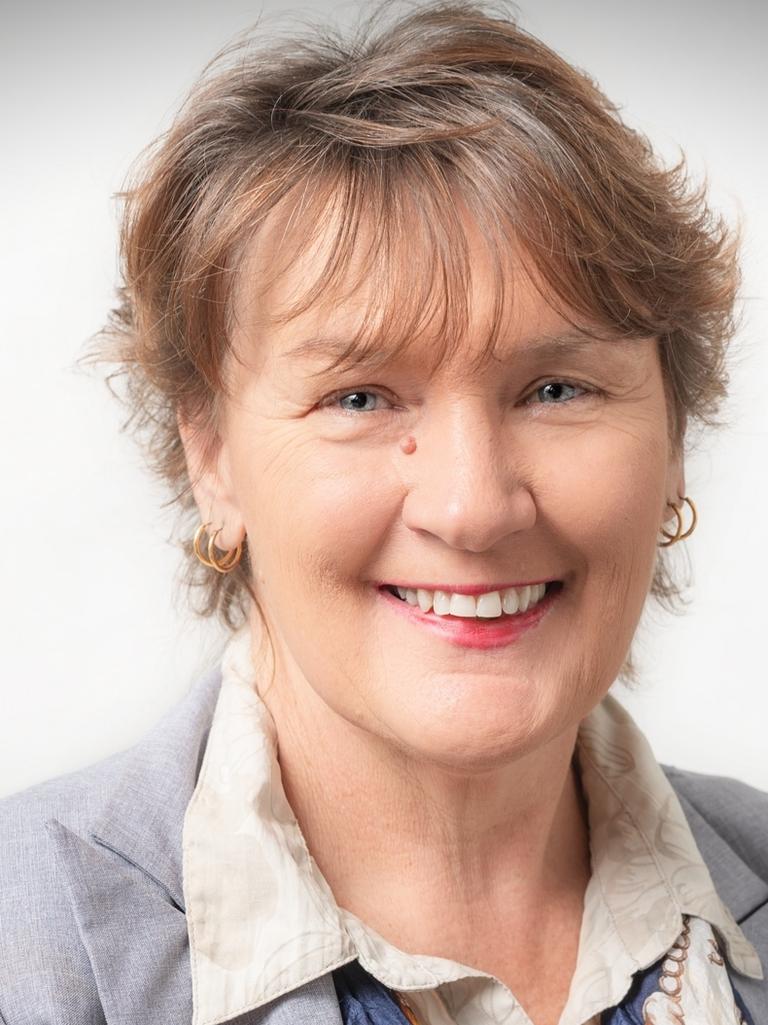
A former fast food franchisee and current farmer with a background in corporate governance, Cheryl Steinhardt says she wants to apply her diverse skillset to the council chambers if elected on March 16.
Ms Steinhardt, who used to own the Eagle Boys/Pizza Hut restaurant until last year, has been on the board of the Lutheran Church of Australia’s Queensland District since 2019.
The Lockyer Valley-born woman said the previous council’s decision to focus on paying down debt had created a clean slate for future investment.
“We know the previous council was asked to pay down the debt, which allows us to get our infrastructure in place,” Ms Steinhardt said.
“That will be what council will be working towards — we will hit the ground running to get the corporate plan and budget ready.
“I’m a bit of a policy nerd, so I know if we have good policy in place our staff will know what to do.”
Ms Steinhardt said flood mitigation and supporting farmers and residents impacted by the Inland Rail should also be priorities.
Alan Willson

Laidley’s Alan Willson believes his diverse background, which includes small business, emergency services and years as a local government investigator and mediator, make him suited for a position on council.
Mr Willson said the next four years should include a significant investment into roads, arguing the network would require tens of millions over a number of terms.
“The general consensus is the roads are a disgrace, nobody can dispute that — there is an amount of money that needs to go into the roads,” he said.
“They’ve said we need in excess of $150m, that’s not going to happen overnight, it’s going to take years.”
Aside from roads and reviewing the Lockyer Valley’s waste management services, Mr Willson said he would like to explore new community infrastructure to help children understand road safety.
“We need better recreational facilities for the people,” he said.
“What I’d like to be able to advocate for is a bicycle training areas where parents can take their kids and learn about road safety — that’s one of the projects I’d like to get going.”
Jenny-Lee Carr
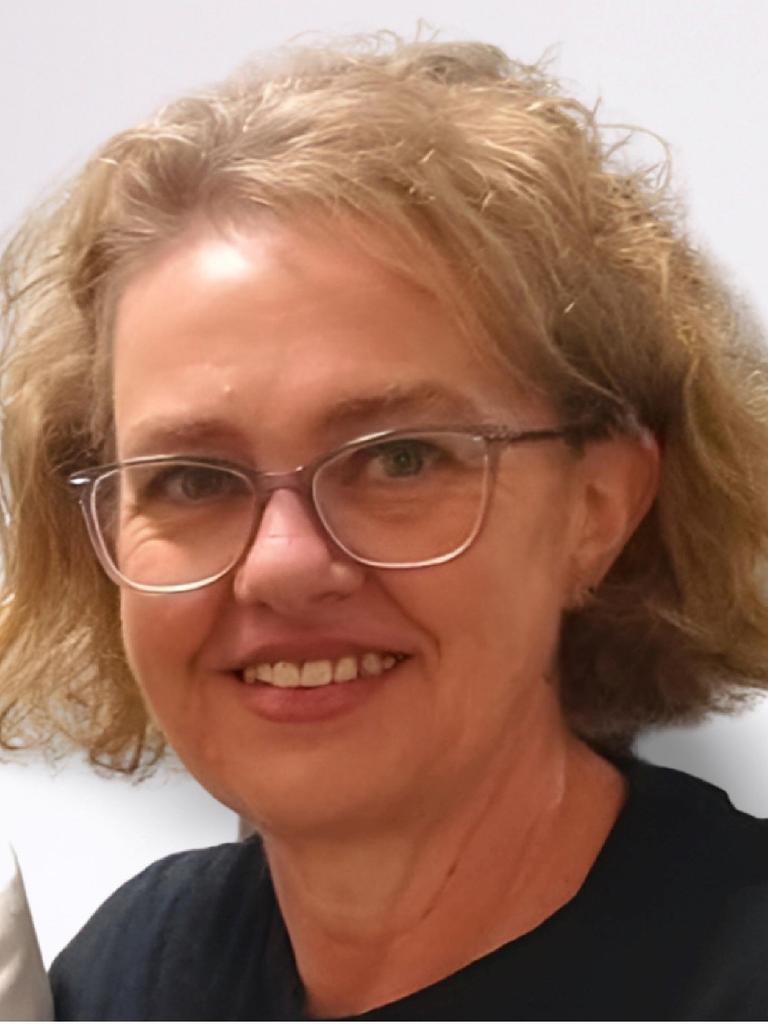
Laidley nurse Jenny-Lee Carr has laid out a five-pillar campaign that she hopes will elect her to the next council.
Ms Carr, who has worked in health services in both the Lockyer Valley and Toowoomba for more than 20 years, said the LVRC needed councillors with empathy and compassion.
“The reason I’m running is to implement all those values on which I’ve learnt, and I’d like to bring all those qualities and implement them into my local community,” she said.
“One of my focuses is to create a positive substantial future with the utmost respect and integrity.
“My five top (campaign elements) are people in place, community safety, creating a smarter region, economic and business growth and going back to basics.”
Ms Carr said roads and rates were a major issue raised by the community, along with what she described as a “disconnect” between residents and the council.
“The other thing that has come through is communication – they feel there is a lack of community between council and the residents, so I’d want to look at that,” she said.
Benjamin Ryan
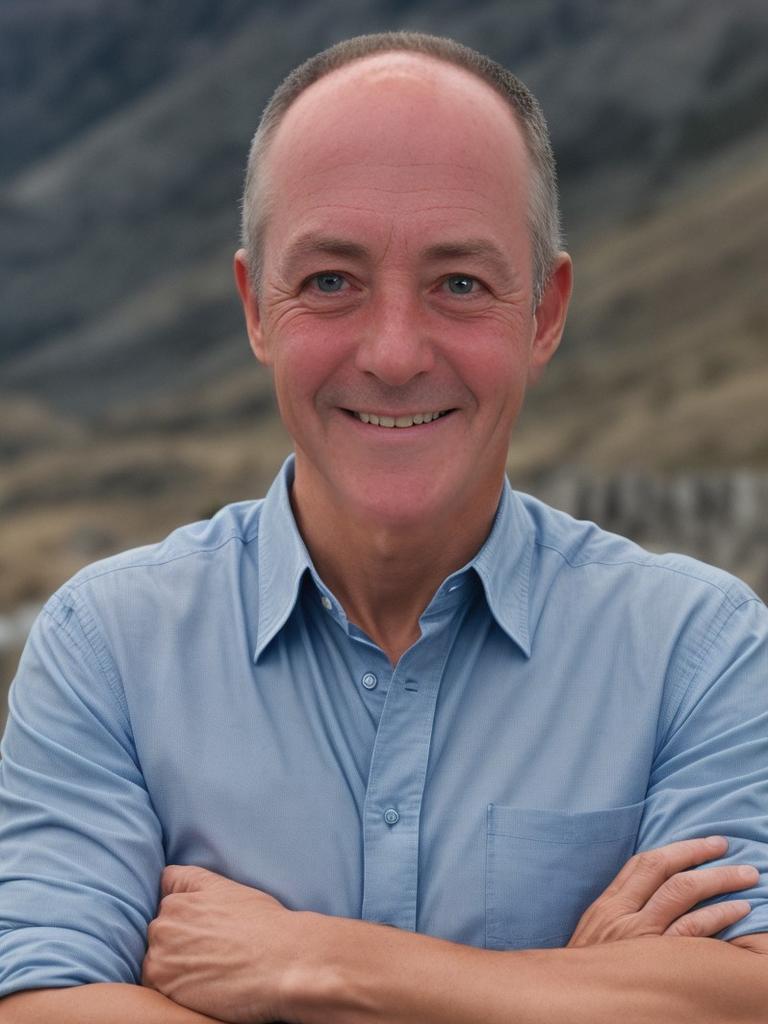
A gourmet mushroom farmer with a history in consulting with businesses under financial stress, Benjamin Ryan said improving communication between the council and ratepayers would need to be a key priority of the next term.
Mr Ryan, who owns Fancy A Fungi and has consulted hundreds of companies with his firm WFC Australia, also criticised the previous council’s decision to focus on debt.
“I’ve spoken to over 300 businesses and I guess the gap between the council and community is communication — there is an underlying frustration, and that’s where I feel I can help,” he said.
“The past councillors have done a great job – they’ve paid down debt but that’s come at a sacrifice.
“We’ve got a CEO and a management team that are getting paid a lot of money, so I’m not there to do their job — we as the councillors need to be a strong team.”
Mr Ryan said he wanted to make business easier to do the region, describing this as a weak point of council.
“We’ve been told it’s hard to do business in the valley and it’s losing us business — I’m walking in there with a ‘why’ and how we fix it,” he said.
Gordon Van Der Est
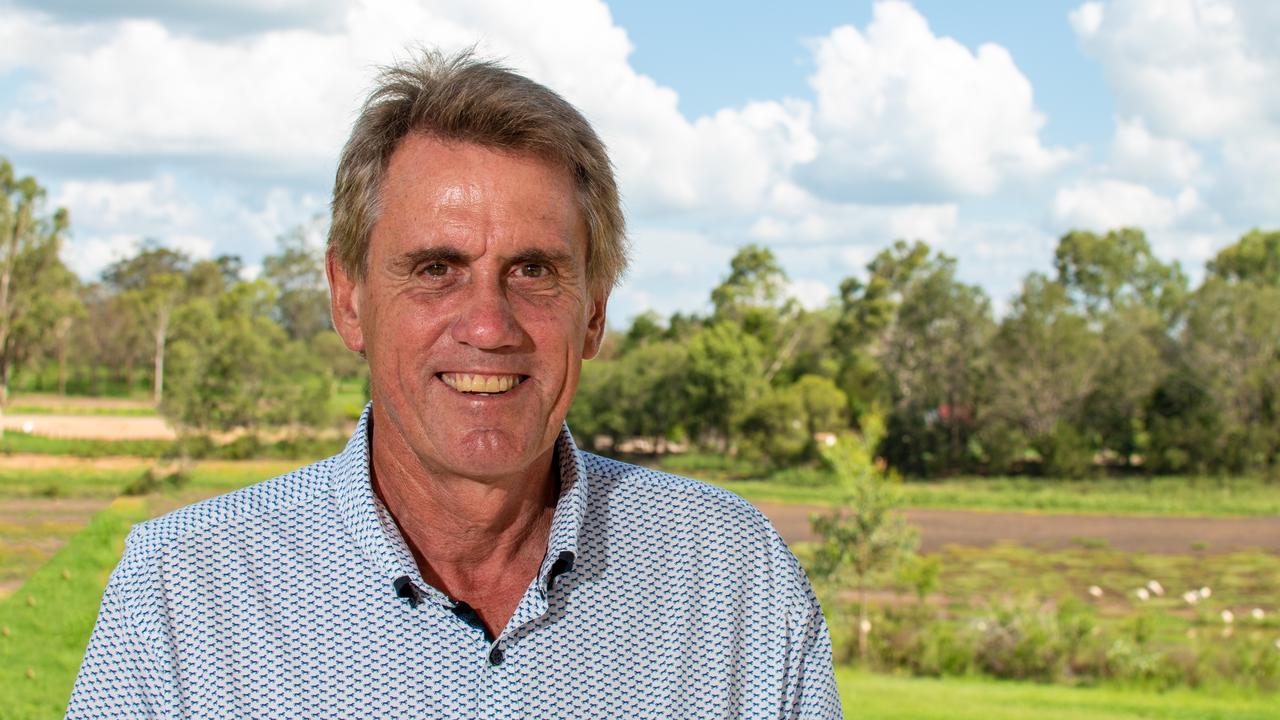
With a background in marketing, community engagement and strategic collaboration, Forest Hill’s Gordon Van Der Est said roads and flood mitigation would need to be a focus of the next council.
“The big issues are roads – maintenance and responsiveness and that’s right across the whole valley,” he said.
“The other issue in Laidley and Forest Hill is additional flood mitigation capital works.
“The council needs to lead the works and the key negotiation needs to happen with the state — we’ve got to potentially sit down with the department because roads, railways lines, catchments and creeks are all involved.”
Mr Van Der Est, who recently helped negotiate a new water allocation agreement for irrigators in his role at the Lockyer Water Users Forum, said he had a background in negotiating and collaboration with both the public and private sectors.
He also said he’d like to investigate building a dedicated helipad for emergency evacuation services like RACQ LifeFlight, which currently have to use the Gatton Showgrounds.
Simon Wahiduzzaman
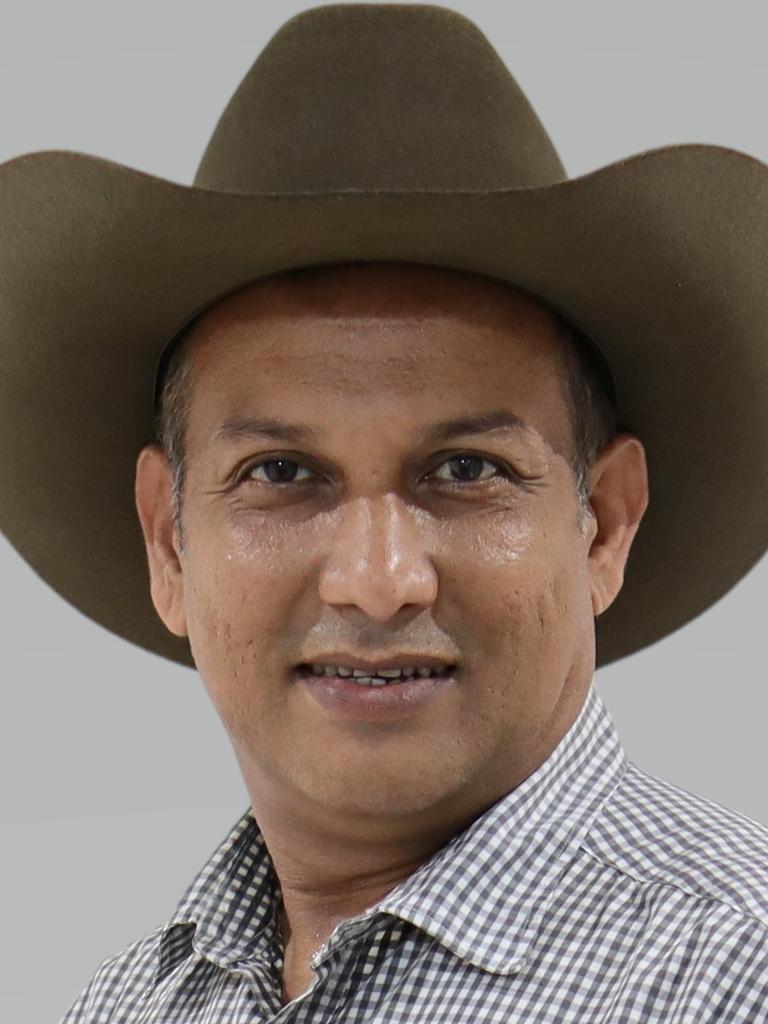
Small business owner Simon Wahiduzzaman has thrown his hat into the ring for the Lockyer Valley council, running on “accountability and “integrity” as pillars of his campaign.
While Mr Wahiduzzaman declined an interview with News Corp during business hours, he told the Lockyer and Somerset Independent he liked thinking “outside the box”.
“I believe together we can build a better Lockyer and I am accountable for making LVRC better for our upcoming generation to live in peace (and) harmony,” he wrote.
The businessman cited his 15 years of working and running organisations and companies.
David A Wrigley
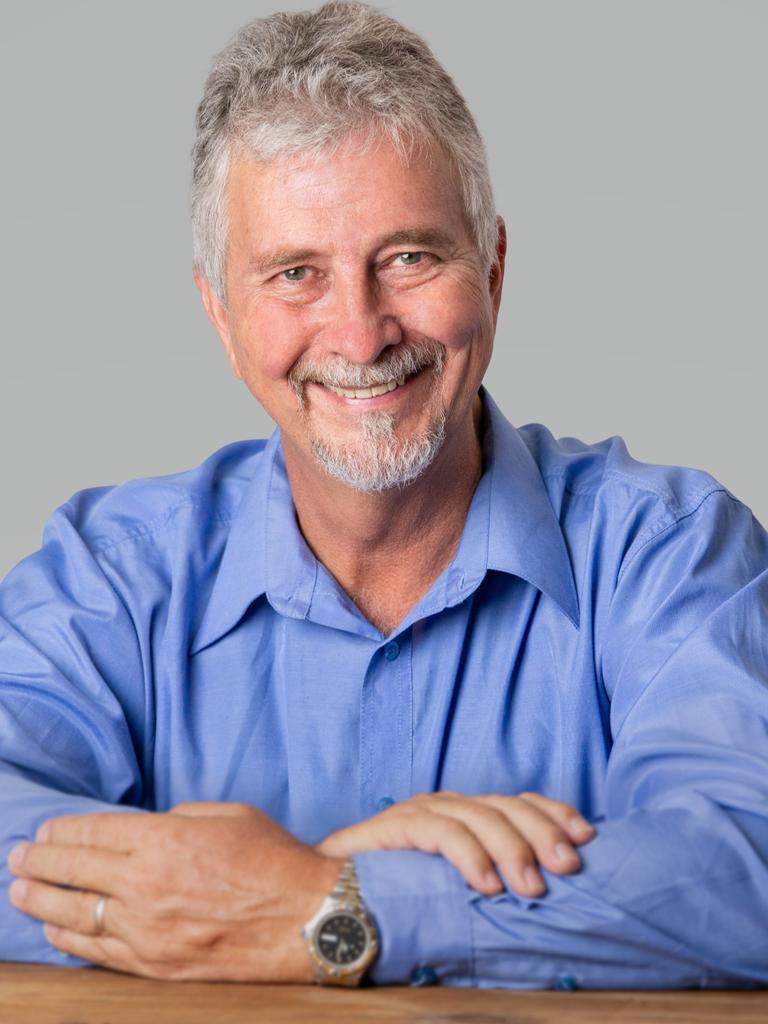
A carpenter and joiner by trade who know specialises in IT, Lowood’s David A Wrigley said his practical approach to problems would be useful if he was elected to the next council.
“I’m not an IT geek, I’m a practical person who looks what the problem is and how we solve it,” he said.
“Local council appeals to me in a way that state and federal governments simply don’t – you get to invest in your community and that’s my driving force.”
Mr Wrigley, who has worked in church youth groups for years and helped develop initiatives to combating social issues like homelessness, said roads and flood mitigation would be at the top of his agenda.
But he said the LVRC needed to do a better job communicating with residents.
“The dilemma there is it’s far more complicated than people realise, but (roads and flooding are) still problems so we need to look at it and how we communicate more effectively,” Mr Wrigley said.
Mr Wrigley also expressed support for revitalising the Lockyer Valley’s townships to encourage more job opportunities and community spirit.
“If you’re not tied to the communities, you don’t really care,” he said.
“Revitalising the biggest town and smaller towns, ways that we can leverage events and develop some pride (would be good).”
Michael Hagan
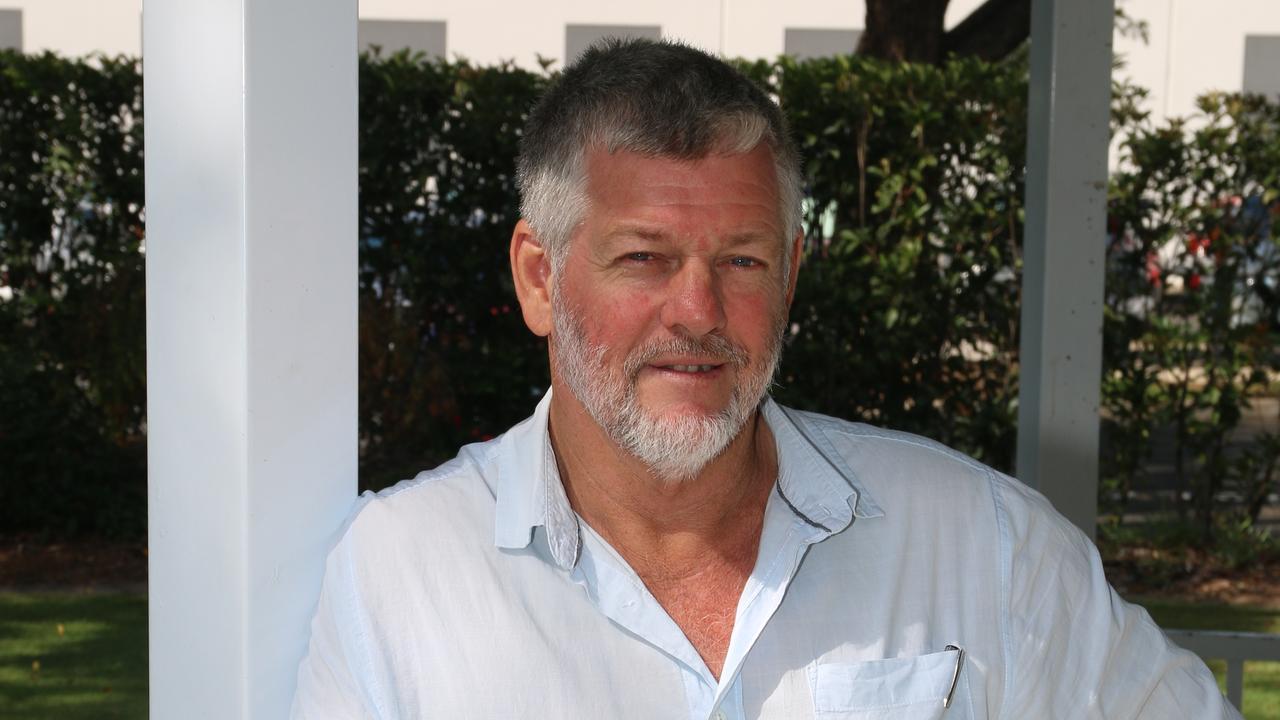
Experienced Lockyer Valley councillor Michael Hagan is one of just four sitting elected officials to run for re-election in 2024.
Mr Hagan, who held the community services and environment portfolio during the previous term, did not respond in time for publication.
But in his submission to the Lockyer and Somerset Independent, the two-term councillor said the LVRC needed to stop borrowing money and “live within its means”.
“I’m proud to say that council is now debt-free, has produced successive balanced budgets and maintained downward pressure on rate increases,” he wrote.
“We have developed a new planning scheme that promotes economic development and employment opportunities, while maintaining our rural lifestyle by protecting our agriculture/horticulture and environment.”
Mr Hagan said the council had also taken steps to bridge the disconnect between itself and the community, “by focusing on partnerships and collaboration”.
Tony Wood
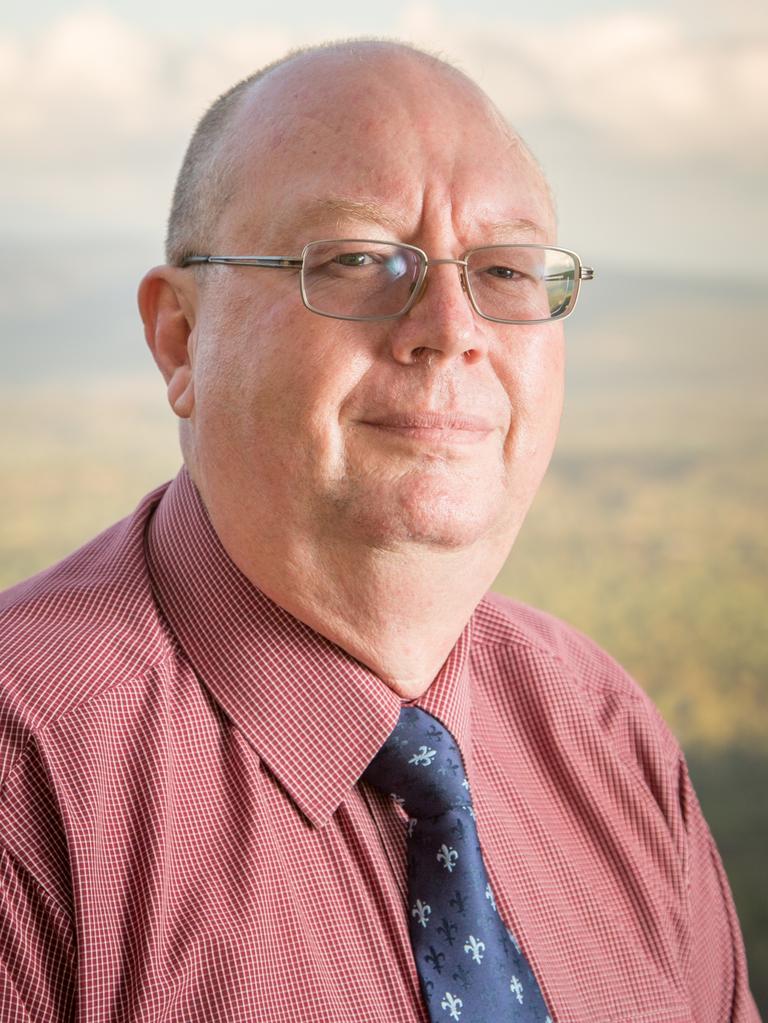
Having lived in the Lockyer Valley for more than 50 years, Placid Hills ex-business owner Tony Wood said his experience with the Queensland Rural Fire Service, in construction and transport and logistics would help him serve the community if elected to council.
Mr Wood said ratepayers were unhappy with council, pointing to issues with the road and drainage networks.
“With my background in emergency management (I believe) I can use those skills to look at our recovery centres, and ask are they fully equipped, do they have the resources to combat a major event?” he said.
“Another issue is the waterways, the amount of debris that’s left in there and how that’s impacted the flooding of lands that hasn’t flooded before — I’ve had meetings with residents and landowners about this.
“I’m trying to build on local values, so we can maintain a resilient community into the future.”
Julie Reck
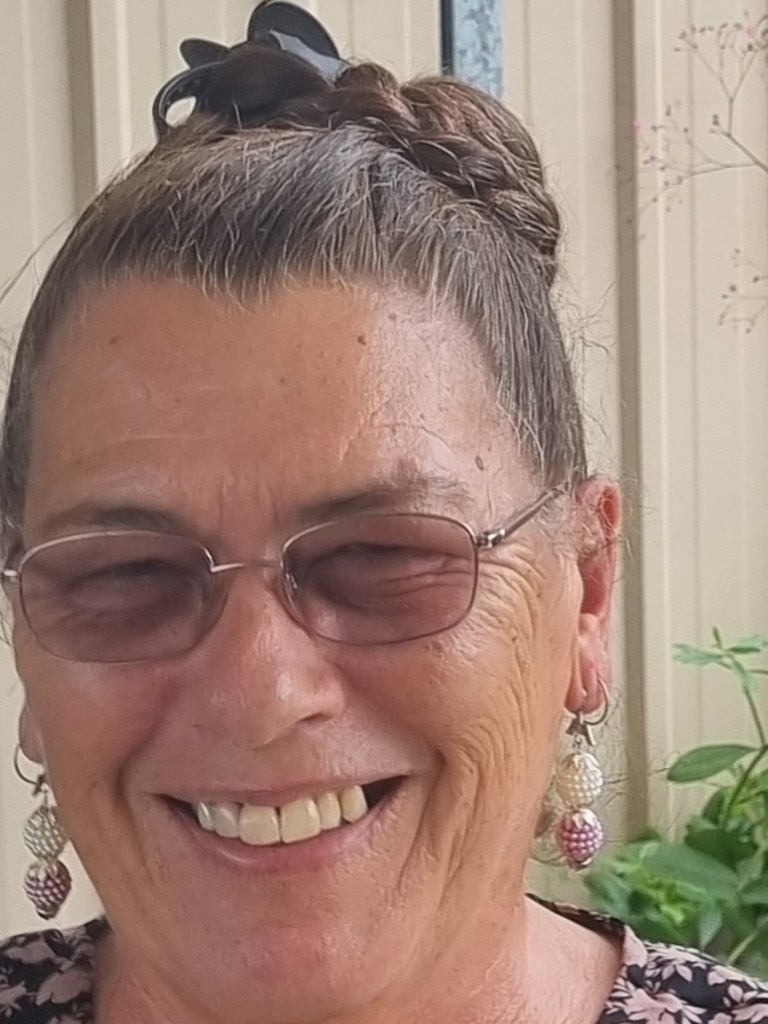
A proud member of the Murphys Creek community, paralegal and local organiser Julie Reck said she would take a “back to basics” approach if elected to the next council.
Ms Reck said residents living west of Gatton had limited candidates to choose from, which hard partially motivated her decision to run.
She said her background advocating for Murphys Creek showed she was dedicated to her local community.
“(Councillor) Janice Holstein is retiring and there’s no one running west of Gatton,” Ms Reck said.
“After the 2011 floods, I was heavily involved with the progress association (and) I decided Murphys Creek should have its own Anzac Day — the first year we had about 30 people in 2012, and I handed it over about three years ago and it had over 200 people, so I’m proud to say it’s still going.”
Ms Reck said she believed the next council needed to review its waste management policies, as well as explore ways to make sure rates were more equitable for all residents.
“The priority is roads, rubbish and rates — the waste transfer facilities are an issue (and) people are telling me they’re not getting bang for their buck,” she said.
“I get charged for water services, but I live off grid and a lot of other people are the same.”
Ms Reck promised to make accountability a key part of her role as councillor, saying she would keep constituents informed on issues they raised.
Originally published as Lockyer Valley elections 2024: 18 candidates running for seven spots on next council







